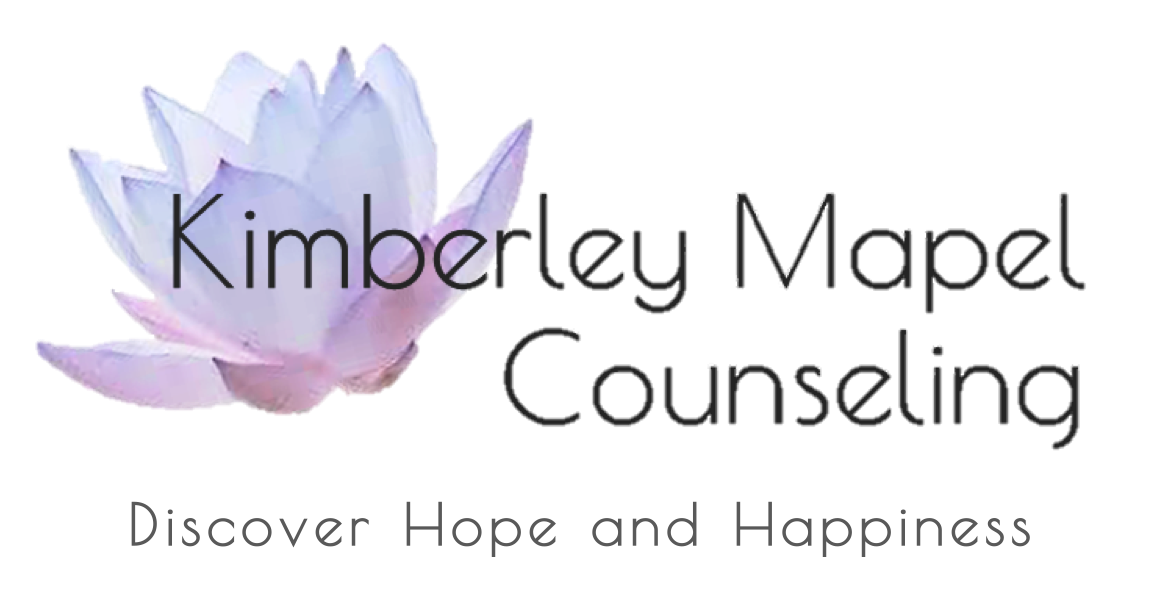Anxiety affects 264 million people worldwide!
My goal as a psychotherapist is to help as many people as I can overcome anxiety and worry and take back their life! In order to help, I am constantly studying anxiety, what it is, how it affects people, and importantly, what to do about it!
I recently came across the work of Dr. Hibbs, and Atlanta psychologist, who describes three C’s for overcoming anxiety and thought I’d share them with you, along with a few beginner’s tools that you can put to immediate use!
In addition to Dr. Hibb’s three C’s, I’ve added a fourth C that I have found to be instrumental in helping cope with and manage anxiety.
Dr. Hibb’s three C’s for anxiety are:
1. Calm your body – Acute anxiety and chronic worry affect you at the level of your nervous system! Finding ways to calm your nervous system will not only help you feel better physically, but will also provide you with a clear mind (which you will need for step number 2).
The good news is that you can spontaneously create a sense of calm in your body, it just takes time and practice! Don’t wait for anxiety strike before you attempt to practice calming your body down. By practicing when you are not anxious, you will benefit in two ways. First, creating calmness in your body when you aren’t anxious or stressed improves your overall health and well-being. Second, and importantly, when you are well practiced and need to calm down in the throes of anxiety, your body and brain will respond more quickly because it is familiar with the practice and knows what to do.
Try diaphragmatic breathing, progressive muscle relaxation, or exercise to calm your nervous system and your body.
2. Correct your thinking – Anxiety and worry are fueled by anxious “what if” and “catastrophic” thoughts. By correcting your thinking, which takes awareness and practice, you can greatly reduce your experience of anxiety.
First, to tune in and recognize your anxious thoughts. Jot your anxious thoughts down in a thought log. This will help you to externalize your thoughts and to examine them more realistically. Evaluate your thoughts for cognitive distortion, such as catastrophizing, fortune telling, or black and white thinking. For a complete list of common cognitive distortions, click here. If you recognize that your thought is distorted, work to create a more balanced thought.
A crucial skill for managing anxiety is managing your thoughts. Remember, that anxious thoughts are just thoughts, and they do not necessarily have to be trusted or believed. You can simply recognize them as anxious thoughts and carry on with your day. Which leads us to step number 3.
3. Confront your fears – Anxiety and worry can seriously shrink your life. Anxiety will convince you that it is best to pull back and avoid anything and everything that produces feelings of anxiety or even what you suspect might cause you to feel anxious. In order to overcome anxiety and enjoy your life once and for all, you have to confront your fears and stop avoiding! In other words, you have to get out of your head and into your life, despite your fears!
Try to engage in the experiences that make you anxious or worried. As best you can, tolerate the discomfort without withdrawing or avoiding and wait until the anxiety has peaked and passed, because it always does. Exposing yourself to your fears inoculates you from the fear and helps you to discover that, even though anxiety is uncomfortable, it does not have to shut down or shrink your life.
And for my bonus C:
4. Have Compassion for yourself and your anxiety or worry. Anxiety and worry are often genetic and unavoidable, so it’s not your fault that you are experiencing them. But being kind and compassionate with yourself, rather than harsh or self-critical, makes the process of managing anxiety a much more pleasant experience. Additionally, what you resist grows. By seeing your anxiety as something to take care of and be kind to, you reduce your suffering and disrupt the patterns that reinforce your fears and worries.
To meet your anxiety with compassion, try talking to yourself the way you would a close friend. Soothe yourself with genuine, heart-felt comments such as, “this is really hard.” This kind of comment validates your experience and begins to activate the soothe system in your brain while deactivating the threat system.
By shifting your internal dialogue to kindness, you are taking good care of yourself and your anxiety. Everyone deserves compassion and kindness, including you when you are feeling anxious. If you would like to learn more about cultivating self-compassion, click here.
By practicing the four C’s for overcoming anxiety and worry, you will be on your way to more peaceful and enjoyable life. Of course, if your anxiety feels overwhelming and you would like additional support, please feel free to contact me for additional resources.
Copyright Kimberley Mapel All Rights Reserved
